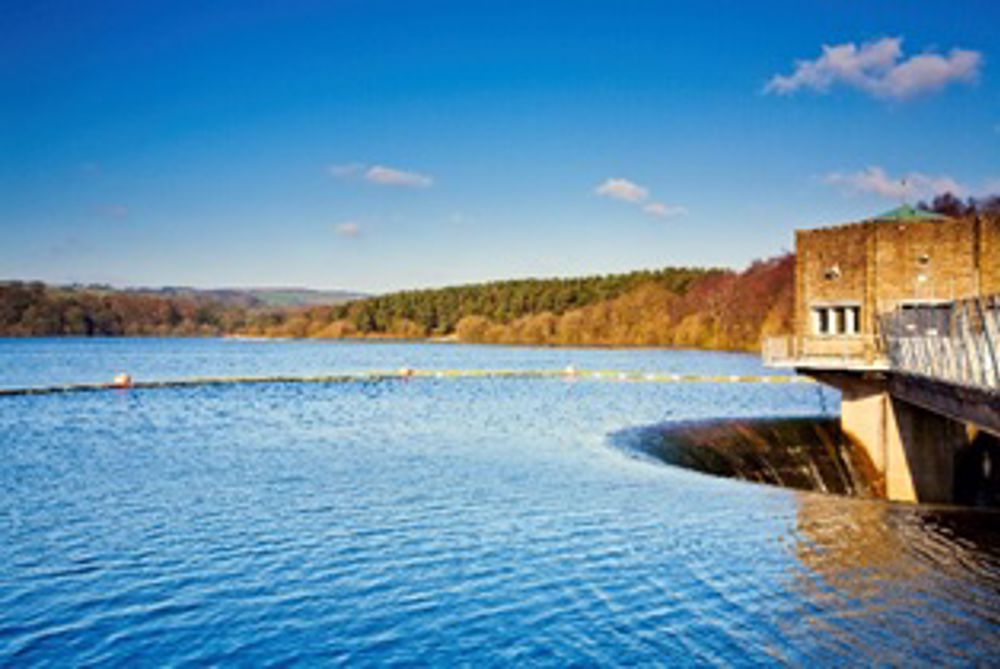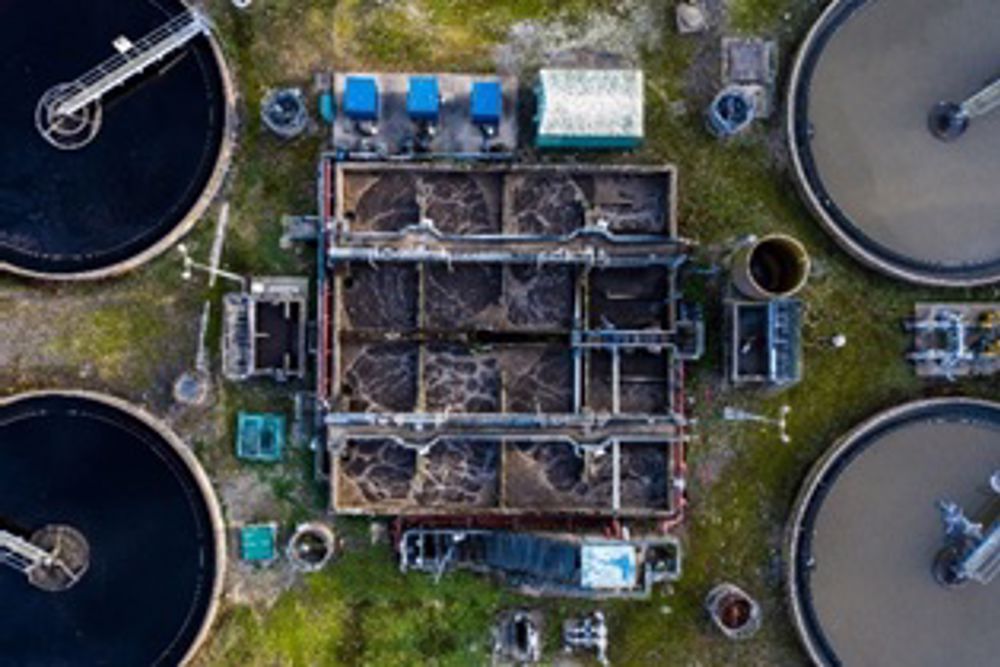Chemical Engineering in the Water Industry
Chemical Engineering in the Water Industry
The ‘’Water Industry’’ is a broad term used to describe the supply of drinking (potable) water, the treatment of wastewater, and everything in between. Provision of potable water and sanitation is no new concept and has been dated back centuries where evidence for such systems can be found in the form of inscriptions in ancient Egyptian tombs.
The need is quite simple- we need to drink water to survive, and we need to manage our waste to prevent life-threatening illnesses. All around the world, the need remains the same, and at the heart of the industry is the Chemical Engineer.

Chemical Engineers in the potable water industry optioneer, design and commission the industrial processes required to turn otherwise undrinkable and potentially harmful water, into the essential commodity we use today. This involves taking raw water quality from its source and designing the processes required to deliver it to the taps in our homes at an ever increasingly regulated standard. Current examples of work in the industry range from designing new water reservoirs in the UK, sizing Desalination plants in the middle east, deriving resilient solutions for drought scenarios and much more. Ensuring stable and secure provision of life’s commodity through chemical engineering knowledge can be a rewarding field.

Similarly, in the wastewater industry, Chemical Engineers determine what processes are required to take wastewater from homes and industry and turn it into a product that is of better quality than the watercourse that it’s discharged to. Much like potable water, wastewater engineering challenges are varied and complex, requiring a multi-faceted and multi-discipline approach. Some examples of work include:
- Process engineering of wastewater treatment units such as Sequencing Batch Reactors, Activated Sludge Plants and more novel technologies to deal with emerging contaminants.
- Reduction of sewage spills to the environment through innovative design of wastewater treatment works and collaboration with networks and drainage professionals.
- Resource recovery from wastewater in a bid for a more circular economy.
- Energy generation from waste solids in a drive for a Net Zero industry.
Of course, though, water and wastewater are inherently linked, and need to be considered as part of the larger water cycle and environment- including projects on recycling wastewater into drinking water.
Post COP26, it’s perhaps the perfect time to talk about the future and the uncertainty involved in the industry, especially with respect to climate change and global population growth. There is no doubt that we will see the direct effect of climate change on the water sector in our lifetimes, and we already are- changing weather patterns, changing landscapes, increased frequency of natural disasters, the list goes on. Climate change effects coupled with global population changes and increasingly tighter regulations presents an enormous challenge. Change is inevitable, but the extent of that change and it’s impacts on our industry is something we can manage- if we respond.
The water sector has a mountain to climb in the coming years and Chemical Engineers could not be better placed right now to drive the change that is required to ensure the security of our futures.